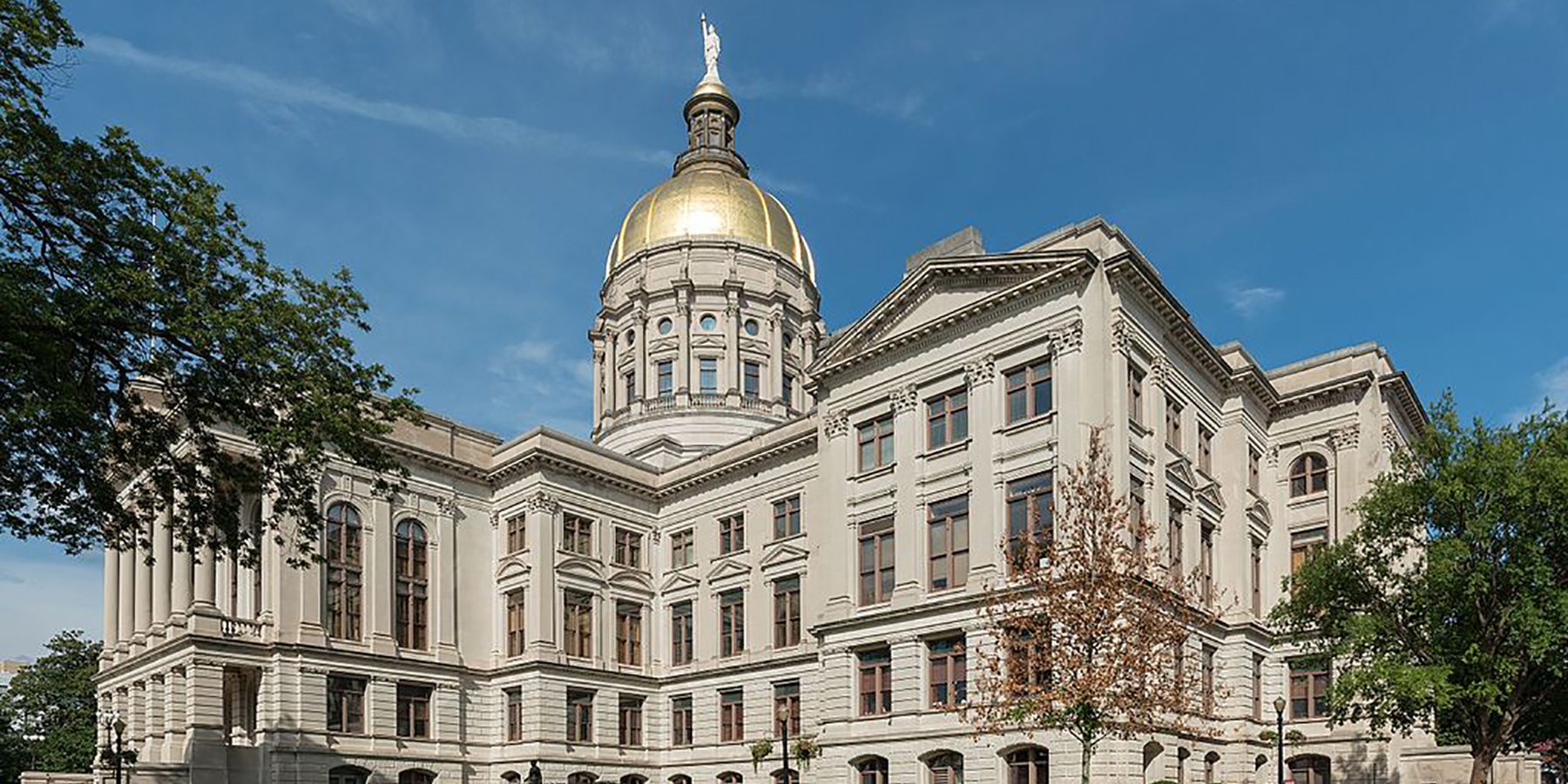Georgia Lawmakers Approve ‘Heartbeat’ Abortion Ban

The appointment of Rep. Richard Smith was announced Tuesday by House Speaker David Ralston. The House Rules Committee was previously headed by Republican Rep. Jay Powell, who died suddenly after collapsing at a lawmaker retreat in November.
Wikimedia Commons
The Georgia House of Representatives put its final stamp of approval on an anti-abortion, so-called “heartbeat” bill Friday, by just one vote. It now needs Gov. Brian Kemp’s signature to become law.
Kemp has pledged to do so, after promising on the campaign trail to sign the nation’s strictest abortion laws.
Republican Rep. Ed Setzler sponsored the bill and defended it on the House floor Friday.
“I think Georgians recognize the rightness of this. There’s certainly dissent. But this is not a political issue,” he said. “We’re not doing this political reasons. We’re doing this because it’s right.”
The proposal bans abortions after a heartbeat is detected in an embryo, or at about six weeks. Opponents say this is an effective ban on the procedure, since many women don’t even know they’re pregnant at six weeks.
With emotional debates in both the House and the Senate, HB 481 was the most controversial issue at the State Capitol this year. Protestors and supporters have been in the halls for weeks, and Georgia Capitol police upped their presence around the Capitol and lined the gallery during this last vote.
Among the protestors have been a group of women wearing red cloaks and white bonnets, like characters from “The Handmaid’s Tale,” which depicts a dystopian future where women are controlled by the government and forced to breed.
Women in Georgia can currently seek an abortion during the first 20 weeks of a pregnancy. A heartbeat can be detected in an embryo as early as six weeks, before many women know they are pregnant.
It’s one of several similar measures passed across the country, that are likely to make their ways up to the Supreme Court.
The ACLU of Georgia said they would challenge the bill they called “unconstitutional” in court. Two influential groups, the Medical Association of Georgia and the Georgia Academy of Family Physicians, sent letters to lawmakers opposing the legislation. Georgia Right to Life also asked lawmakers to vote against it, because it included exceptions in the cases of rape, incest and medical necessity.
Members of the television and film industries, including the Writers Guilds of America East and West have also come out against the bill. Georgia is one of the top destinations for filming in the country.
Democrats have also made clear to Republicans how they believe it will affect the 2020 election.
“You know when people are angry they vote. And we have seen that in so many elections,” Democratic Rep. Erica Thomas said after the vote Friday. “And I believe that people are going to be angry and they’re going to show it in their vote.”
GOP lawmakers in Tennessee, Florida, South Carolina and Ohio are pursuing similar legislation, while Republican governors in Mississippi and Kentucky have recently signed heartbeat abortion bans.
Mississippi Gov. Phil Bryant signed a heartbeat abortion ban on March 21, despite a federal judge’s ruling last year that struck down a less-restrictive law limiting abortions there.
Kentucky’s law was temporarily blocked by a federal judge shortly after Republican Gov. Matt Bevin signed it March 14, in response to a challenge by the ACLU.
A state judge found Iowa’s heartbeat abortion ban to be unconstitutional in January.
The Georgia bill makes exceptions in the case of rape and incest — but only when the woman files a police report first — and to save the life of the mother. It also allows for abortions when a fetus is determined to be not compatible with life due to serious medical issues.
If signed and not blocked in court, the law would take effect Jan. 1, 2020.
The Associated Press contributed to this report.








